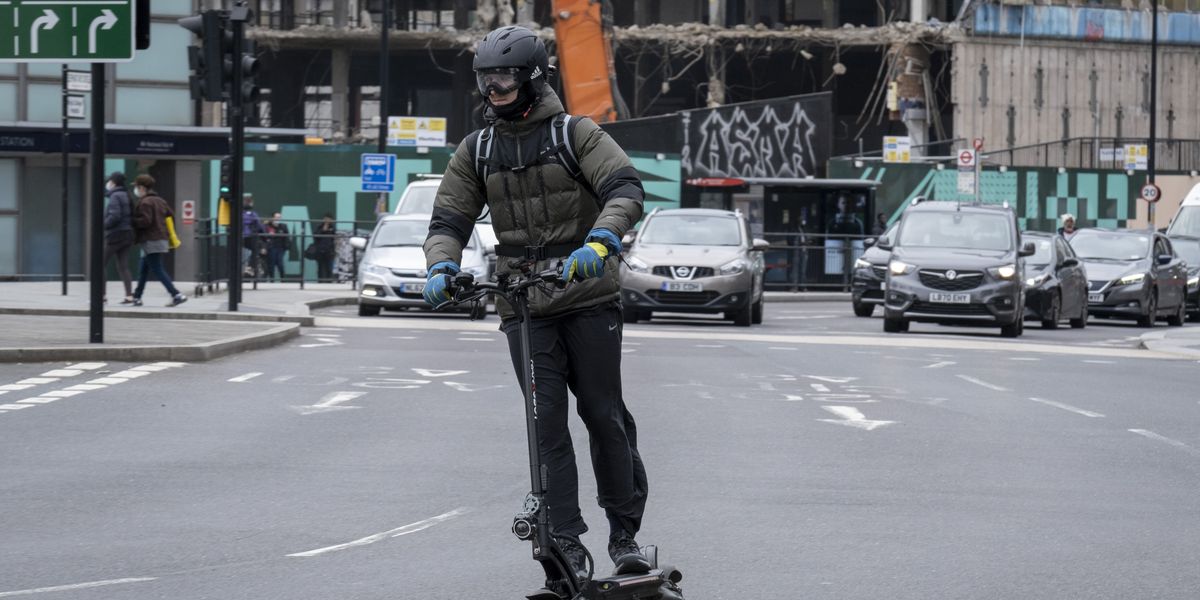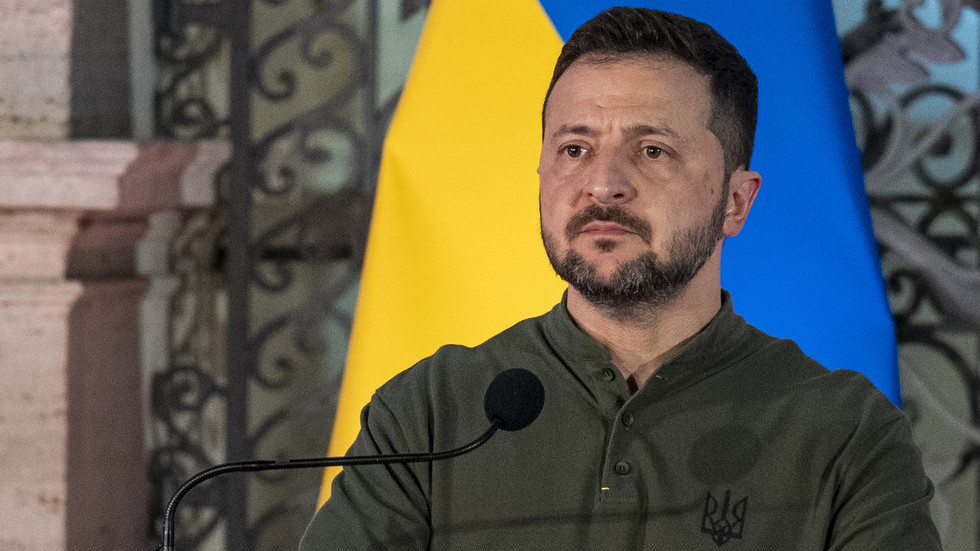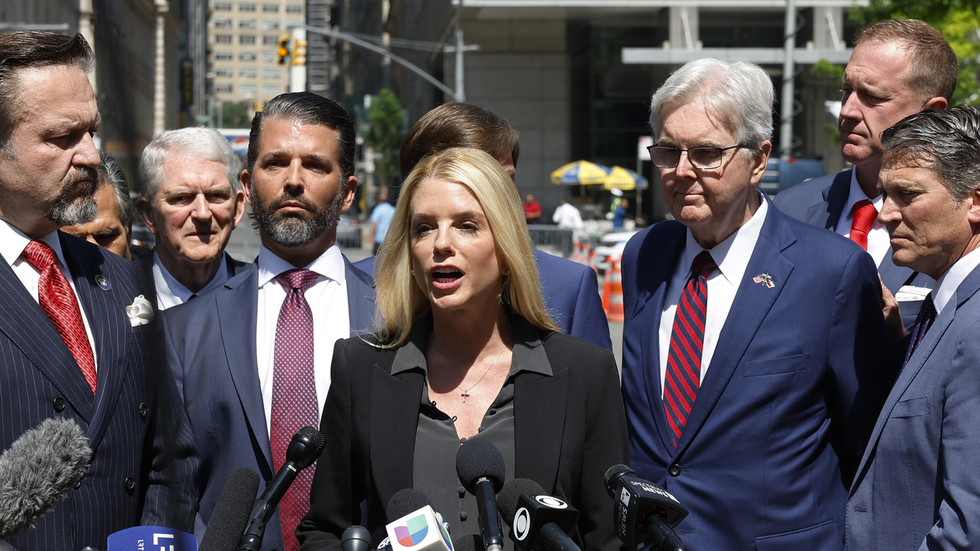Moscow added 30 British nationals to its entry ban list over the “reckless policies” and “anti-Russian activities” of the British government, Russia’s Foreign Ministry announced Tuesday.
Among those now banned from entering Russia are U.K. Deputy Prime Minister Angela Rayner, Secretary of State for the Home Department Yvette Cooper, Chancellor of the Exchequer Rachel Reeves, as well as other senior British officials, military personnel, politicians, business leaders and journalists.
The Moscow Times could not immediately confirm whether all the individuals listed are British citizens, as Russia has previously misidentified citizenships in similar entry ban announcements.
Russia’s Foreign Ministry accused the 30 Britons of “distinguishing themselves through their anti-Russian activities,” therefore providing the grounds for their inclusion in Moscow’s so-called “stop list.”
Authorities in Moscow said they felt “compelled to draw attention to the ongoing aggressive anti-Russian rhetoric from the U.K. authorities, the systematic imposition of illegitimate unilateral sanctions by London and the reckless policies of the British leadership in supporting the neo-Nazi Kyiv regime.”
The Foreign Ministry alleged that London is committed “to further systematic confrontation with Russia,” which it urged British officials to “abandon… in favor of mutual respect and constructive engagement, for the sake of global security and stability.”
Since the full-scale invasion of Ukraine, Russia has banned hundreds of foreign nationals from entering the country, including those from the United States and the United Kingdom. In February, Moscow blocked entry to 18 British nationals.
A Message from The Moscow Times:
Dear readers,
We are facing unprecedented challenges. Russia's Prosecutor General's Office has designated The Moscow Times as an "undesirable" organization, criminalizing our work and putting our staff at risk of prosecution. This follows our earlier unjust labeling as a "foreign agent."
These actions are direct attempts to silence independent journalism in Russia. The authorities claim our work "discredits the decisions of the Russian leadership." We see things differently: we strive to provide accurate, unbiased reporting on Russia.
We, the journalists of The Moscow Times, refuse to be silenced. But to continue our work, we need your help.
Your support, no matter how small, makes a world of difference. If you can, please support us monthly starting from just $2. It's quick to set up, and every contribution makes a significant impact.
By supporting The Moscow Times, you're defending open, independent journalism in the face of repression. Thank you for standing with us.
Continue
![]()
Not ready to support today?
Remind me later.

 By The Moscow Times | Created at 2024-11-26 16:05:17 | Updated at 2024-11-28 08:27:14
1 day ago
By The Moscow Times | Created at 2024-11-26 16:05:17 | Updated at 2024-11-28 08:27:14
1 day ago








